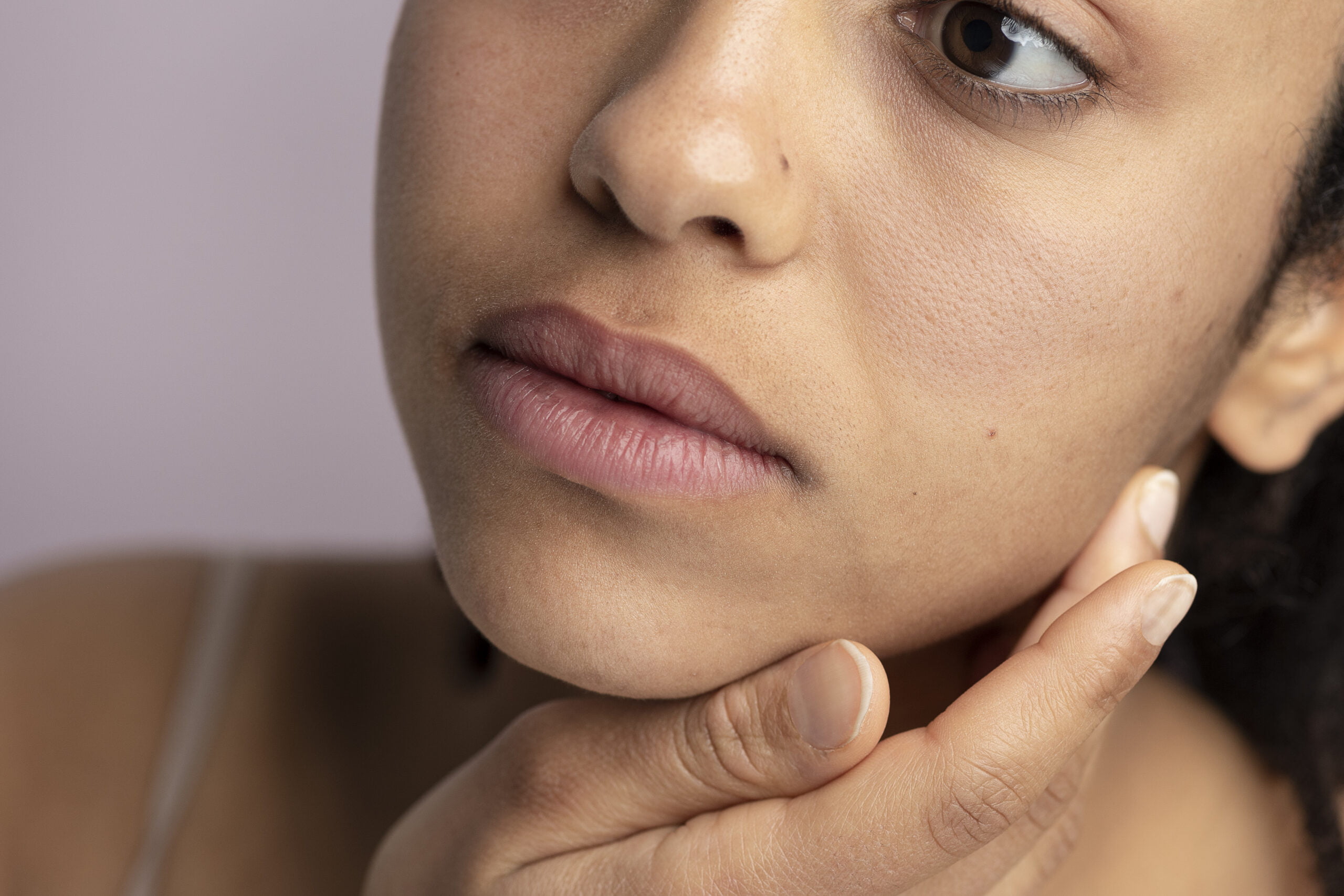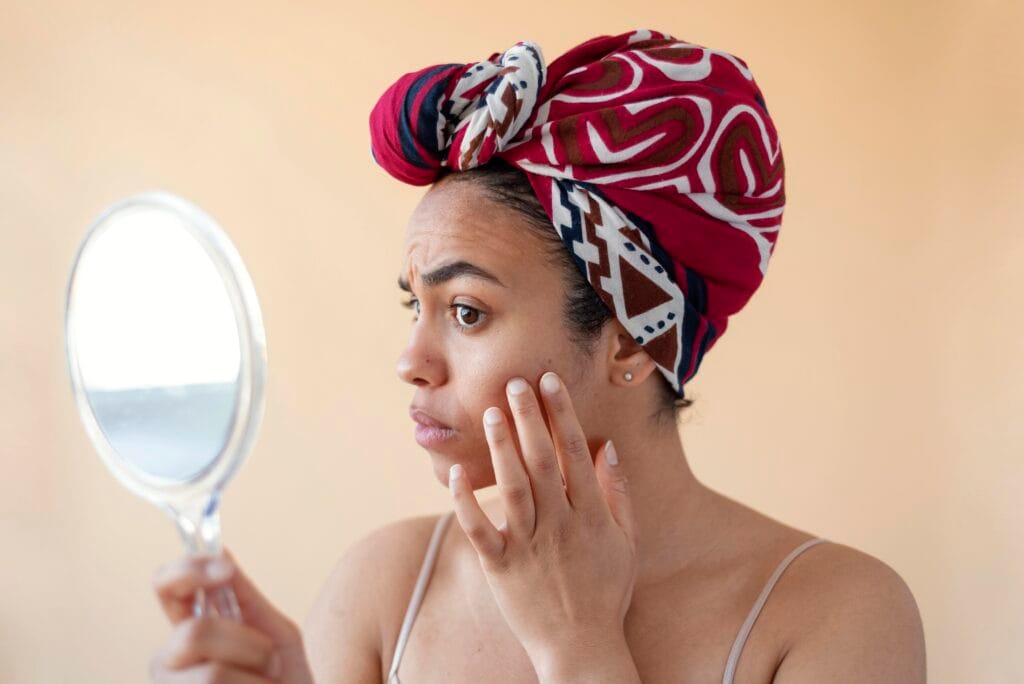
Top 10 Skincare Myths: What You Really Need to Know
- Introduction
- 10 skincare myths
- Conclusions
Skincare is a popular and required practice in the world. However, due to the widespread knowledge and tips here and there, some misconceptions about skincare have been established. Skincare myths are commonly believed by millions in the skincare world. Since skincare is a never-ending topic, basically everyone has something to say about it. While some are true, some are actually false and have been classified as skincare myths. The different tips and tricks about glowing and flawless skin outside on Instagram, TikTok, Facebook, Google, and so on have misled thousands of people about the do’s and don’ts of skincare. The interesting fact about skincare is that you can truly do personal research and gain some tangible results, which is one of the things that has fuelled skincare myths in the skincare world. Some of these myths might be causing damage to the skin gradually. Here are 10 popular skincare myths you must beware of:

- You Don’t Need Sunscreen on Cloudy Days
There are various misconceptions about sunscreen flying around. It is surrounded by widespread misconceptions that have misled many people. It is believed by many that sunscreen is only needed when the sun is visible or shining; otherwise, there is no use for sunscreen. Despite cloudy weather, about 80% of harmful UV rays can pass through the clouds, which can damage the skin. Cloudy days are not an exception for shielding the skin from UVA radiation, as it causes premature ageing and skin cancer if it penetrates the skin. Ensure to add a sunscreen of at least 30 broad spectrum to your skincare daily routine, even on cloudy days.
- Myth: People with Oily Skin Don’t Need Moisturiser
Firstly, we must establish that a good moisturiser may give you shine but it will never make your skin oily; moisture is different from oily! Avoiding moisturiser in your daily routine to prevent oily or greasy skin may further worsen skin conditions. If the skin lacks adequate moisture, it produces extra oil to replace the required moisture, leading to excess sebum. “The best way to avoid oily skin is to use the right moisturiser for your skin type.” For an oily skin type, choose a lightweight moisturiser that is non-comedogenic and oil-free. Using water-based moisturising agents like hyaluronic acid will supply adequate hydration while controlling oil production.
- Natural Ingredients Are Always Safe
Many natural elements like aloe vera, rosehip, shea butter, castor oil, tea tree oil, and many more are good for the skin. However, many skincare brands hide under this guise of “organic skincare” to formulate toxic and harmful skincare products, causing several skin conditions, both long-term and short-term. Also, just like synthetic products, natural skincare requires the work of an expert to adequately formulate skincare products without jeopardising skin health. For instance, certain essential oils might require mixing with a carrier oil to avoid skin irritation and reaction. The best strategy for natural skincare product lovers is to choose from a trusted and reliable brand and also run a patch test to avoid skin damage.
4. Hot Water Opens Your Pores
One common and popular skincare myth is that hot water opens up the pores and cold water shrinks them. Pores do not open or close by using hot or cold water because pores do not have muscles! However, hot water can indeed remove dirt and oils trapped inside the pores, making them easier to clean. Cold water, on the other hand, can relieve facial puffiness, refreshing the face and making pores appear smaller. It is important to note that hot water can remove the skin’s natural oil, causing dryness and skin sensitivity. Be sure to dilute your water appropriately or stick to lukewarm water.
- You Should Scrub Your Face Daily for Clearer Skin
The exfoliation myth is one of the longest-standing myths in the skincare world. Over-exfoliation does not deep cleanse or nourish the skin. Rather, it depletes the skin of its natural oil. Truly, exfoliation aids in the removal of dead skin cells and refreshes the complexion; however, scrubbing the face daily with strong exfoliants can cause skin barrier damage, leading to dryness, breakouts, and many more. To achieve an effective exfoliation result, gentle exfoliation of at most twice daily is required. You may watch out for active ingredients like oats, honey, turmeric, coffee, and so on.
- Acne Only Affects Teenagers
Acne is the number one skin condition of puberty, making it common among teenagers. Although hormonal changes during the adolescent stage trigger acne among many adolescents, this acne might continue into their 20s, 30s, and even 40s. So, yes, adults can have acne! This might have various underlying causes like hormonal changes, stress, nutrition, or the wrong skincare products. To eliminate acne, it is crucial to treat acne based on its underlying causes. Also, using acne treatments can effectively remove them, leading to smooth and even skin.
- You Can Shrink Your Pores
Pore sizes are unfortunately determined by genetics mostly, so it is not exactly possible to shrink pores. There are, however, external variables like oil production and ageing that cause pores to appear bigger. Using effective skincare products that target pore health can help clear pores and prevent oil accumulation, making them appear smaller and, therefore, less visible. Regular exfoliation, using detoxifying clay masks, and using natural toners can help reduce the appearance of pores on the skin.
- Expensive Products Are Always Better
The quality of a product is not exactly determined by its price. Some products are specially made at the high end for marketing strategies. There are various low-cost and affordable skincare products outside the world that benefit and effectively nourish the skin despite their prices. In fact, some work better on the skin than the costly ones. One important way to identify a good product is by its ingredient list. Most times, skincare products are costly due to packaging and marketing expenses, which is not wrong. Choosing skincare products based on this factor is, however, wrong and maybe misleading. Check the ingredient list, skin type, and reviews to choose the right skin care product.
- You Only Need Sunscreen at the Beach
Besides the common misconception about using sunscreen on sunny days, another common one is using sunscreen only for beach holidays or summer adventures. Sunscreen is meant to be part of everyday skincare routine, regardless of location or weather. UV rays can still cause skin damage, especially when situated in sun-exposed areas like windows or artificial light sources. Sun exposure gradually accumulates over time, causing premature ageing and an increased risk of skin cancer. To avoid these harmful conditions, it is important to apply sunscreen every day, regardless of environment and weather.
- Drinking More Water Will Hydrate Your Skin
Drinking water is important to stay hydrated and maintain overall health. However, drinking water does not hydrate the skin instantly. It is only a supplementary practice for the skincare routine. For proper hydration of the skin, the outermost layer of the skin requires external moisture, which is where moisturisers and hydrating creams come in for adequate hydration. Drinking water regularly only supports the body’s internal functions; it will not exactly treat dry skin alone. So, topical hydrators are needed to keep the skin healthy and glowing.
There are various skin care myths in the world that are misleading many skincare enthusiasts. These top ten skincare myths are sufficient to change your skincare game, improving your skin glow. Remember to always do your research about skincare recommendations and advice to avoid recurring incidences of skincare myths. Eat healthily, choose the right skincare products and glow right!



